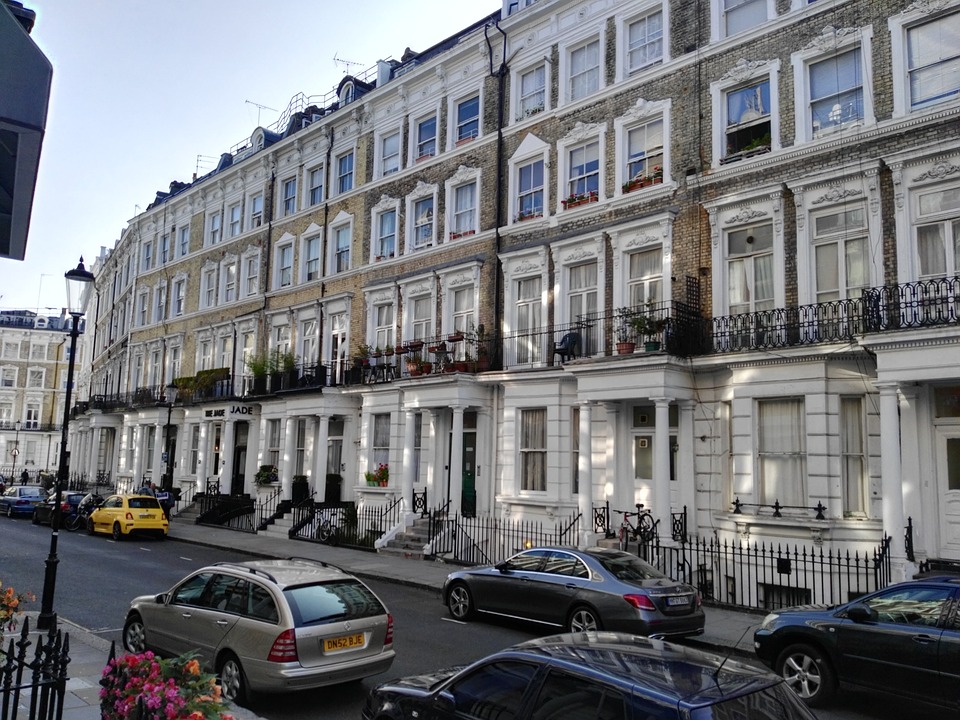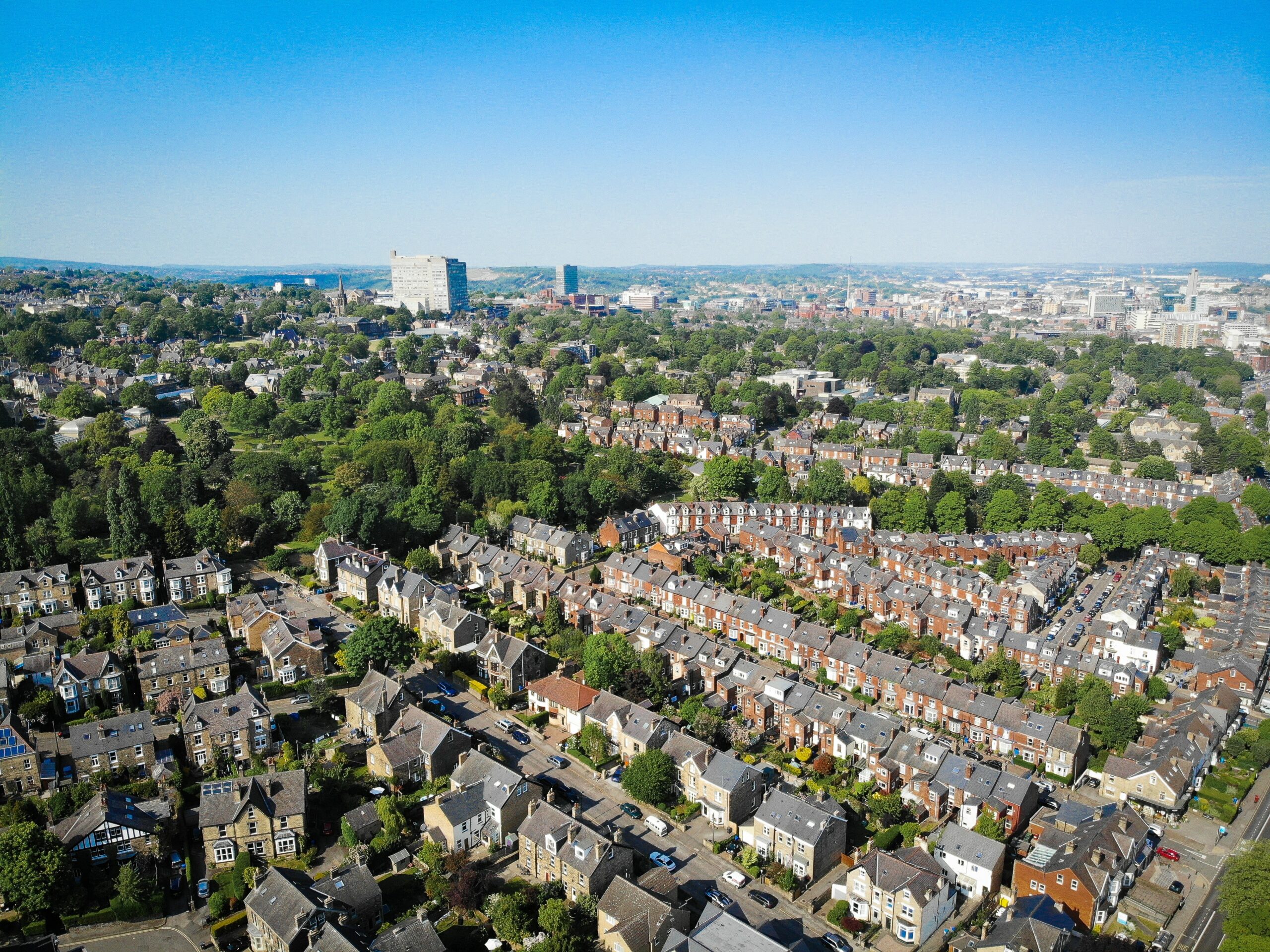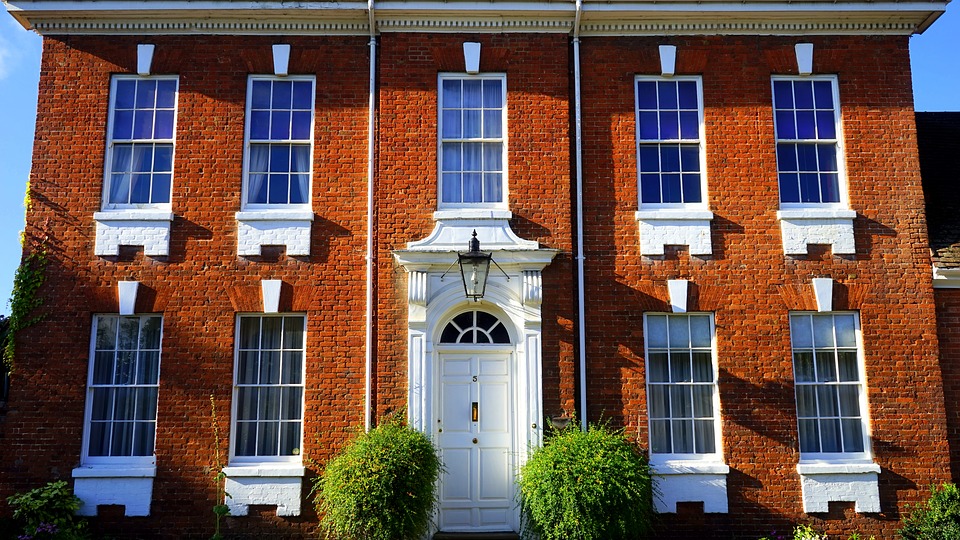Britain avoiding a much-forecasted recession has helped push house prices up by the greatest amount so far this year to a record high of £372,894, new figures out today reveal.
The average price of a home coming to market climbed 1.8 per cent over the last month, the strongest increase in 2023, according to property search site Rightmove.
Over the last year asking prices have jumped 1.5 per cent.
Britain’s housing market has defied a glut of gloomy predictions tabled at the turn of the year sparked by the country’s economic prospect at the time looking pretty bleak.
Households were forecast to suffer the worst squeeze on their living standards on record, the Bank of England expected the UK to be gripped by the longest recession in a century and unemployment was on course to rise.
However, a combination of international gas prices sliding and the government capping energy bills at £2,500 has put the UK on track to dodge a recession, convincing buyers to snap up a new home and sellers to cash in on their property.
Booming confidence in the housing market is down to the “gloomy start-of-the-year predictions for the market… looking increasingly unlikely,” Tim Bannister, director of property science at Rightmove, said.
Get in touch with us today to speak with the UK’s Best Contractor Mortgage Broker.
UK house prices are holding up well despite sustained pressure from higher rates


Get in touch with us today to speak with a specialist Contractor Mortgage Advisor.
“Steadying mortgage rates and a generally more positive outlook for the economy are also contributing to more seller confidence, though there are likely to be more twists and turns to come,” he added.
A paucity of homes coming to market has kept prices elevated, although supply could expand in response to increasing home fees.
Sellers on average had to chalk 3.1 per cent off of their initial asking price in order to source buyers in April, Rightmove said.
Last month’s rise illustrates that demand is still holding up well in the face of the Bank of England’s twelve successive interest rate hikes, taking them to a near 15 year high of 4.5 per cent.
Mortgage rates have surged over the last year due to lenders passing on Bank Governor Andrew Bailey and co’s moves, though they are below the sky high levels they reached after Liz Truss’s mini-budget jolted UK debt markets. The Bank is expected to raise borrowing costs at least one more time this year.
London house prices climbed faster than the national average on an annual basis, up 2.8 per cent to nearly £700,000. The only area in the UK which recorded a drop in asking fees was the north east.
Hackney house prices in east London rose the fastest in the capital, up 5.3 per cent over the last year to £724,000. Southwark came second, with prices up 4.3 per cent to £673,000.
By Jack Barnett
Source: City A.M.





